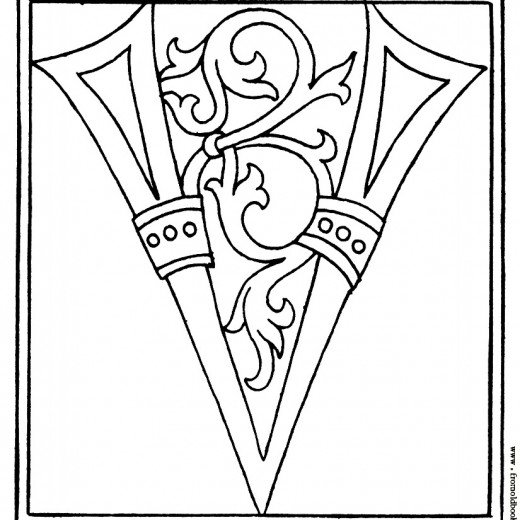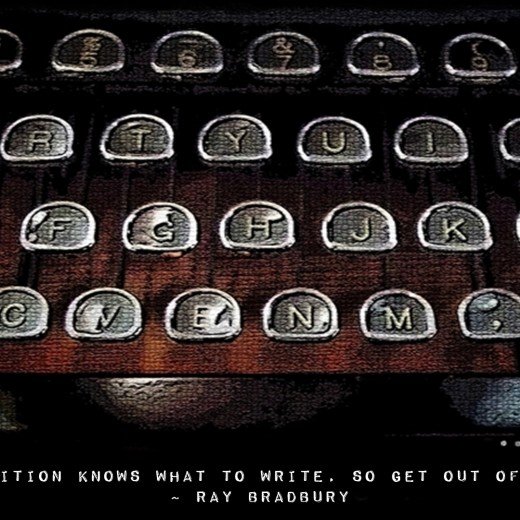Theme -> Organizing Principle -> “I love revising!” By Jackie Blain
 Join me as we welcome back columnist Jackie Blain as she shares with us “Theme -> Organizing Principle -> “I love revising!” Enjoy!
Join me as we welcome back columnist Jackie Blain as she shares with us “Theme -> Organizing Principle -> “I love revising!” Enjoy!
***
Who actually enjoys revising? Hands up.
Thought so…
I know, I know. You’ve heard all the clichés like ‘writing is revising.’ And you try to embrace it.
But it all seems overwhelming, right? A mountain of first draft pages can be enough to make a writer completely abandon all that work. It’s tempting… oh so very tempting… to let your latest piece become a “trunk” project, as in “I’m throwing it in a trunk and hoping the trunk spontaneously catches fire someday.”
I created my fair share of trunk manuscripts… until I finally figured out a way to embrace the revision process. My Diagnosis Murder colleagues still shudder whenever someone mentions “the godforsaken Food Fight script” about which the less said the better.
But my friend and colleague, and WGA-nominated writer, Shari Goodhartz mentioned the power of theme to me one day over coffee. She figures out the theme of her script, writes it on a notecard, and looks at it before she writes each scene. If the scene doesn’t comment on the theme, she changes the scene. It’s a strategy that obviously works for her.
Unfortunately, I never know what I’m writing until I get a draft finished and my writing friends tell me what it is. I once wrote a screenplay that I thought was about finding a place to fit in, but it turned out to be about what it means to be heroic – who knew?
Happily, however, Shari got me thinking about theme as an organizing principle, and I came up with this exercise that I still use:
- Grab some paper or a blank screen.
- Finish this prompt: “My story is about…” without saying anything about character or plot. That’s right. You heard me. “My story is about…” without using a character name or anything about the plot.
- Next, finish this prompt: “I know my story is about… because…” and now you get to talk about character and plot. Something made you finish that first prompt the way you did. What was it? What are the specifics?
- What happened? Was your first answer about where you wanted to start when you first envisioned your piece? Or have the characters and the actions “hijacked” your piece and made it about something else? Did you just find out something about your story that you had been either ignoring or pretending wasn’t there because it didn’t go with your initial idea? What would happen if you embraced that “something”?
Guess what? You’ve just discovered the organizing principle (aka theme) of your piece! That one idea that everything hangs off, the one true through-line, spine, raison d’etre. And you can now use that organizing principle/theme to revise:
- What scenes actually comment on that principle?
- Which scenes are fun but have nothing to do with your theme? (The “kill your darlings” principle applies here.)
- What actions are missing? What new scenes can fill in those pieces?
- Which characters can you lose, or add, or combine?
I did this with that screenplay I mentioned – which was a big fat hairy mess! – and it started to turn around… except the structure got all wobbly and started sagging in the middle.
Happily, the wonderful Neil Landau unknowingly gave me a solution, which I’ll write about next time.
So what’s your organizing principle? How do you know?
***
ABOUT THE AUTHOR
Jackie Blain is a writer, screenwriter, writing teacher and member of the Writers Guild of America who works with dedicated screenwriters and filmmakers to make their work the best it can be… and remember that they got into this writing thing because of passion and fun. She lives in Brooklyn NY with two cats who, she suspects, hate the heat and wish they were still in Oregon.More about Jackie Blain’s courses, consultations, and evaluation services for screenwriters and filmmakers here.







